The Independent's journalism is supported by our readers. When you purchase through links on our site, we may earn commission. Why trust us?
11 best new fiction books
From billionaires experimenting with cryogenics to Shakespeare told by a foetus, dive into this year’s best novels

Your support helps us to tell the story
From reproductive rights to climate change to Big Tech, The Independent is on the ground when the story is developing. Whether it's investigating the financials of Elon Musk's pro-Trump PAC or producing our latest documentary, 'The A Word', which shines a light on the American women fighting for reproductive rights, we know how important it is to parse out the facts from the messaging.
At such a critical moment in US history, we need reporters on the ground. Your donation allows us to keep sending journalists to speak to both sides of the story.
The Independent is trusted by Americans across the entire political spectrum. And unlike many other quality news outlets, we choose not to lock Americans out of our reporting and analysis with paywalls. We believe quality journalism should be available to everyone, paid for by those who can afford it.
Your support makes all the difference.2016 has been a fruitful year in literature, with readers being treated to dozens of new novels from established authors, as well as a few newcomers. Many are coming straight from the Man Booker pantheon, with Paul Beatty, Howard Jacobson, Zadie Smith, Margaret Atwood, Yann Martel, Ian McEwan and Julian Barnes all featuring in this article. The imperishable Don DeLillo has also published his latest, the utopian-dystopian Zero K. From novels about foetuses to novels about race, here is some of 2016’s best in fiction.
1. Nutshell by Ian McEwan: £16.99, Jonathan Cape
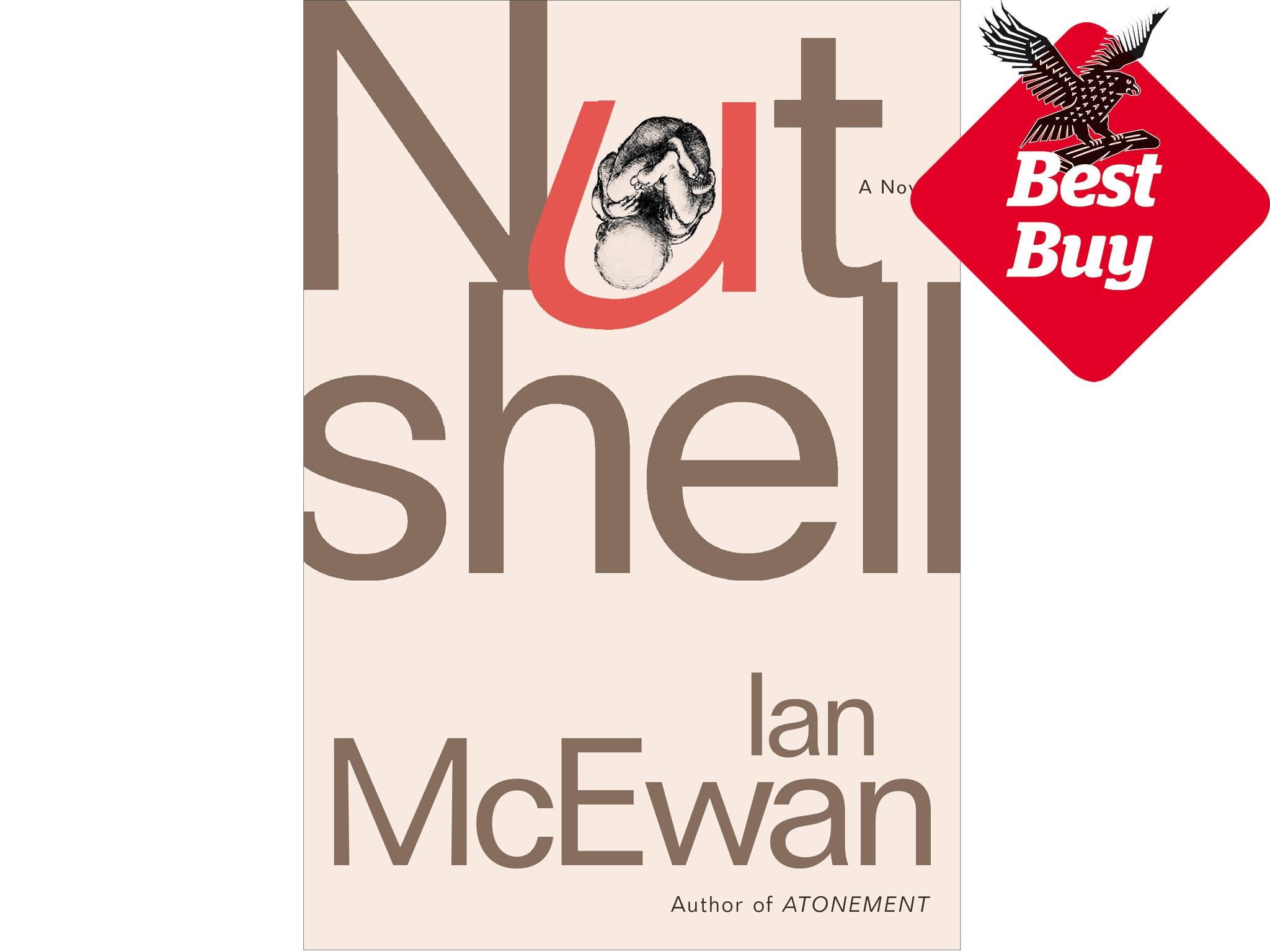
In this bizarre but brilliant novel, the acclaimed McEwan loosely re-tells the story of Hamlet through the perspective of a foetus – a fluent, thoughtful foetus who matches the Danish prince in his fickleness and verbosity. Taking Hamlet’s existential anxieties literally, the foetus spends the early chapters recounting his embryonic origins to the reader – “my idea was to be. Or, if not that, its grammatical variant, is”. Later, while eavesdropping on his mother from the sanctuary of the womb, he uncovers a murderous plot that she devises with her lover (the foetus’s uncle) against his father’s life. What follows is a tragedy in which the foetus, bound in his nutshell, proves as helpless as his Danish counterpart. McEwan’s latest is a tour de force in language and literary intrigue.
2. The High Mountains of Portugal by Yann Martel: £8.99, Canongate Books
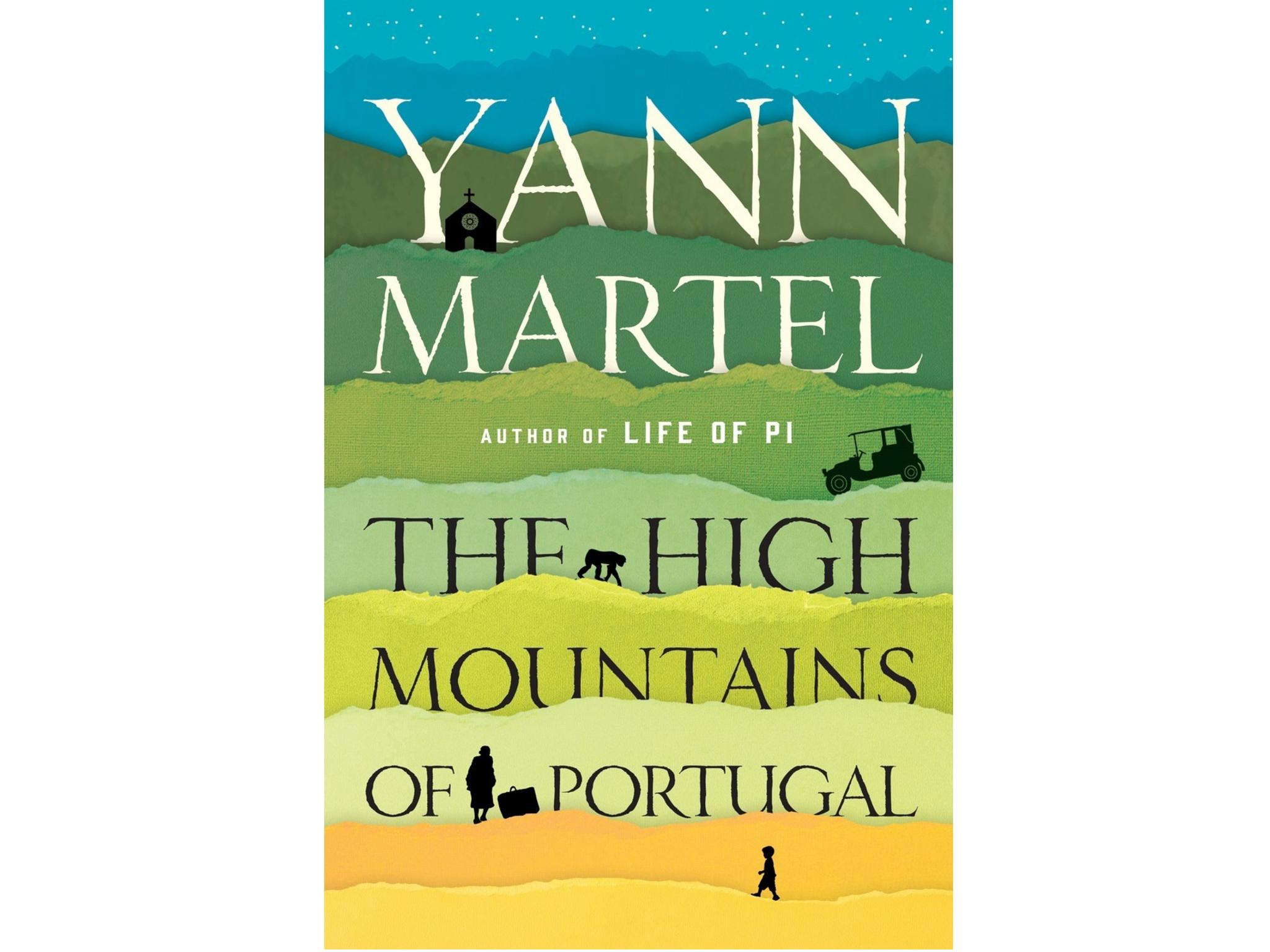
In his latest novel, the author behind Life of Pi tackles themes of loss, heartbreak, solitude, travel and healing. The novel is separated into three thematically connected stories: the first part follows the lonely Tomás in the year 1904; the second, three decades later, follows a pathologist Eusebio Lozara, and the third follows Peter, the Canadian senator who retires to Portugal (with a chimpanzee). The book’s pathos and strangeness are rooted in the untranslatable concept of saudade – something Martel defines as “that peculiar form of Portuguese melancholy”. At once sombre and hopeful, The High Mountains of Portugal is a very cleverly written novel.
3. Zero K by Don DeLillo: £16.99, Picador
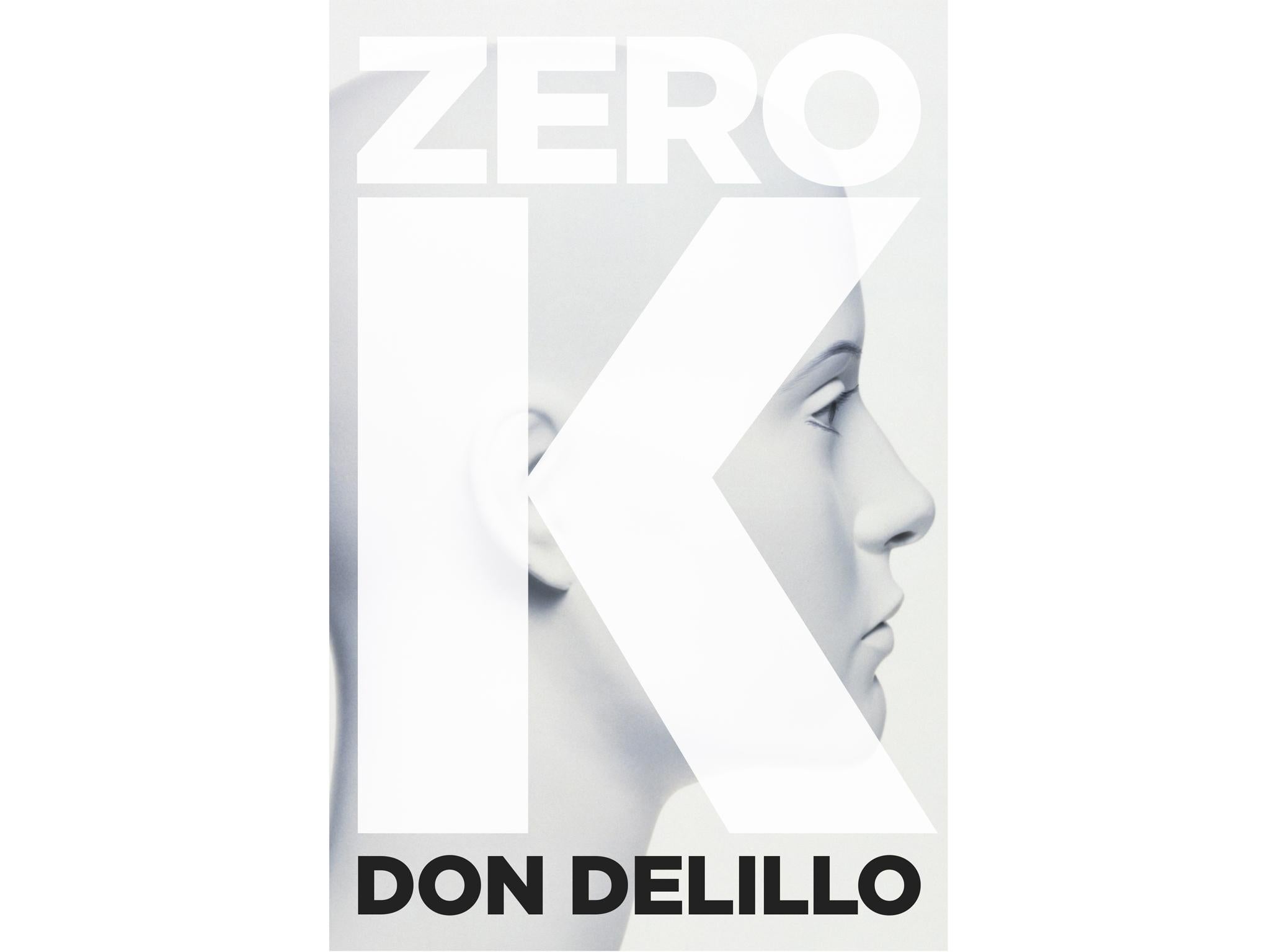
The prolific DeLillo’s chosen theme in his novel is death – the mystery of death, the pursuit of eternal life (or the “ineffable hereafters” as one character calls it) and the interplay between life and death. Set in a dreary laboratory in Kazakhstan, the novel follows Ross Lockhart, a visionary billionaire who is seeking to push cryogenic technology to its utmost, and his wife who will be one of his first patients. The novel’s narrator is Ross’ son: sceptical and inquisitive, he asks unanswerable questions like “Isn’t death a blessing?” and “What does it mean to die?” The questions he poses are interesting, but a large part of the novel’s charm lies in its language. DeLillo writes with a scientific terseness that suits the novel’s sterile scenery. Zero K is a fascinating, unsettling novel about the uncertainties of humanity’s future.
4. A Girl in Exile by Ismail Kadare: £16.99, Harvill Secker
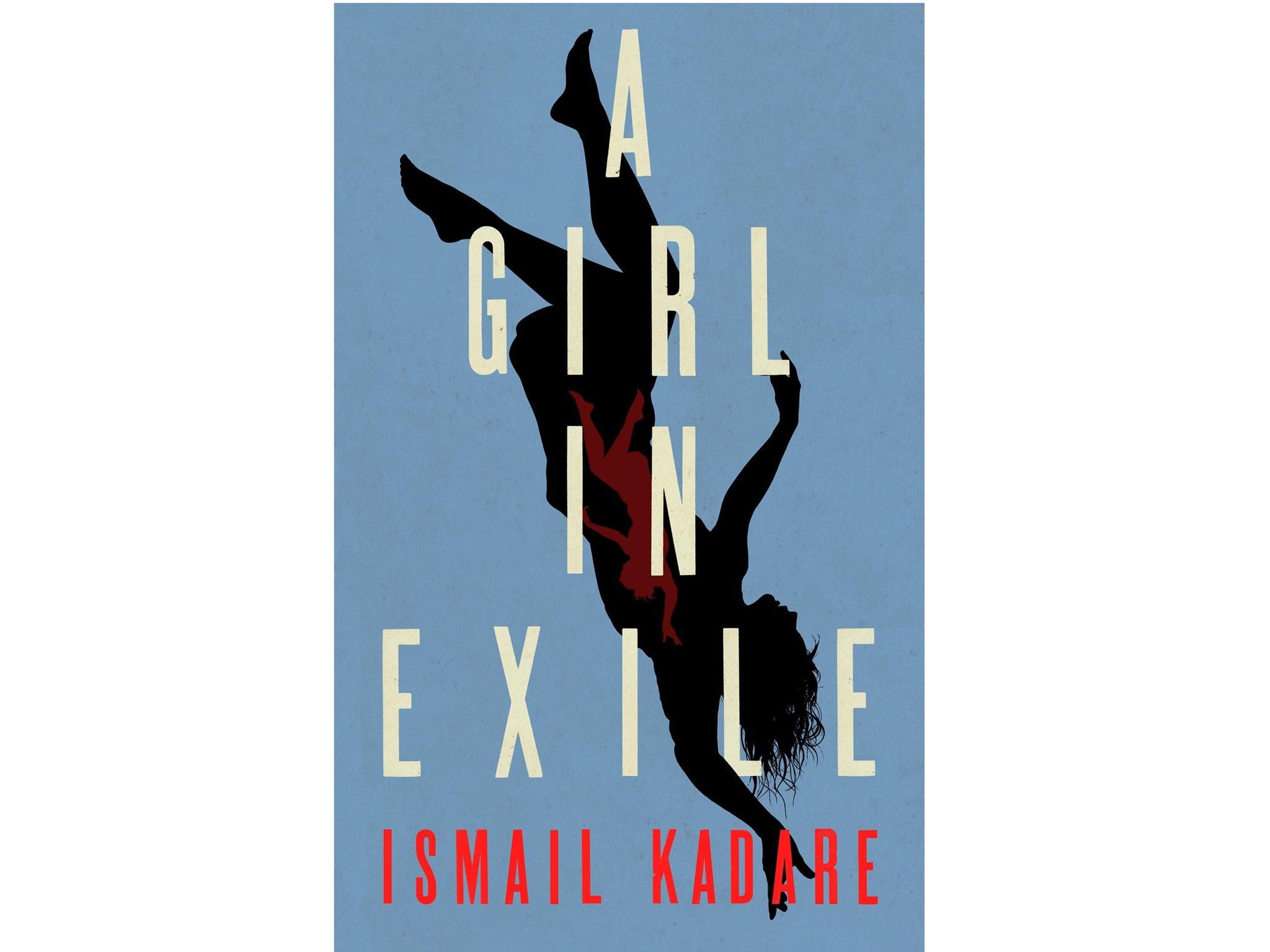
Kadare’s A Girl in Exile was first published in Albanian 2009, only translated and published in English this year. In his novel, Kadare – born in Albania in 1936 and winner of the English PEN and the international Man Booker prizes – deals principally with the theme of exile. Feelings of loss and remoteness pervade this novel, which is set in the communist-governed Albania of the 1980s. Kadare obviously draws much of the bleak imagery of life under tyranny from his own life under the dictator Enver Hoxha, making the author especially adept at illustrating the absurd and horrifying realities of life under an absolute dictatorship.
5. Shylock Is My Name by Howard Jacobson: £8.99, Hogarth Press
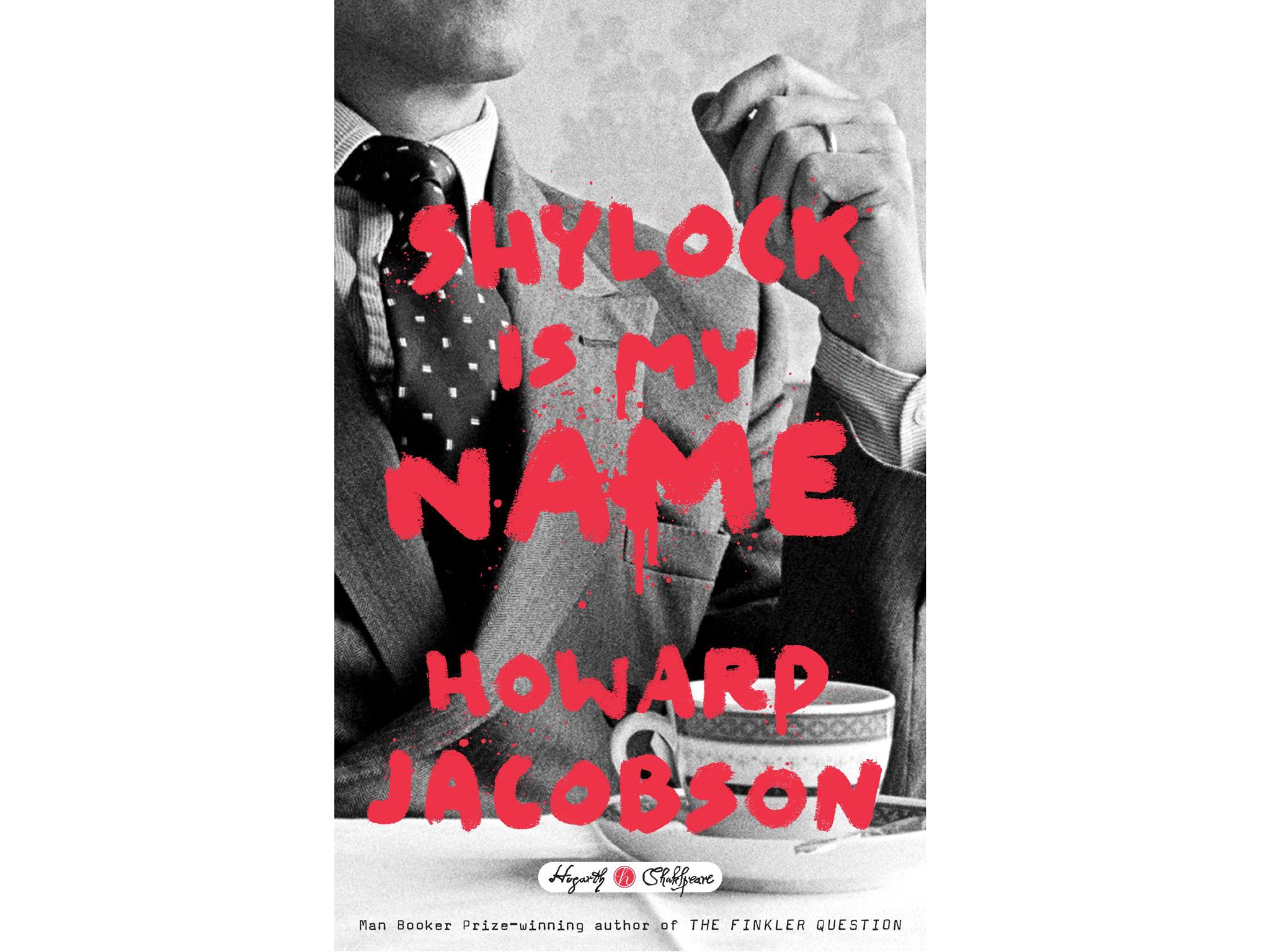
As he was finishing his novel J a few years ago, Hogarth Press approached Jacobson and asked whether he would write a novel for its Shakespeare series. After suggesting Hamlet, Macbeth, Coriolanus and others, Jacobson acquiesced and agreed to re-write The Merchant of Venice. He recasts the play, which tells the story of Shylock the Venetian moneylender, who famously demands his “pound of flesh” for unpaid loans, in the affluent “golden triangle” of modern-day Cheshire. Instead of a pound of flesh, however, the protagonist is after a few grams of foreskin from his daughter’s gentile suitor. The Merchant of Venice is a notoriously difficult play to navigate: for some, Shylock is a subject of sympathy, and for others a subject of ridicule and contempt. (The Nazis broadcast the play not long after the tragedy of Kristallnacht.) Jacobson’s deft handling of the multiple, often paradoxical themes in the Shylock story is admirable and makes for an intelligent, funny and enjoyable novel.
6. Hag-Seed by Margaret Atwood: £16.99, Hogarth Press
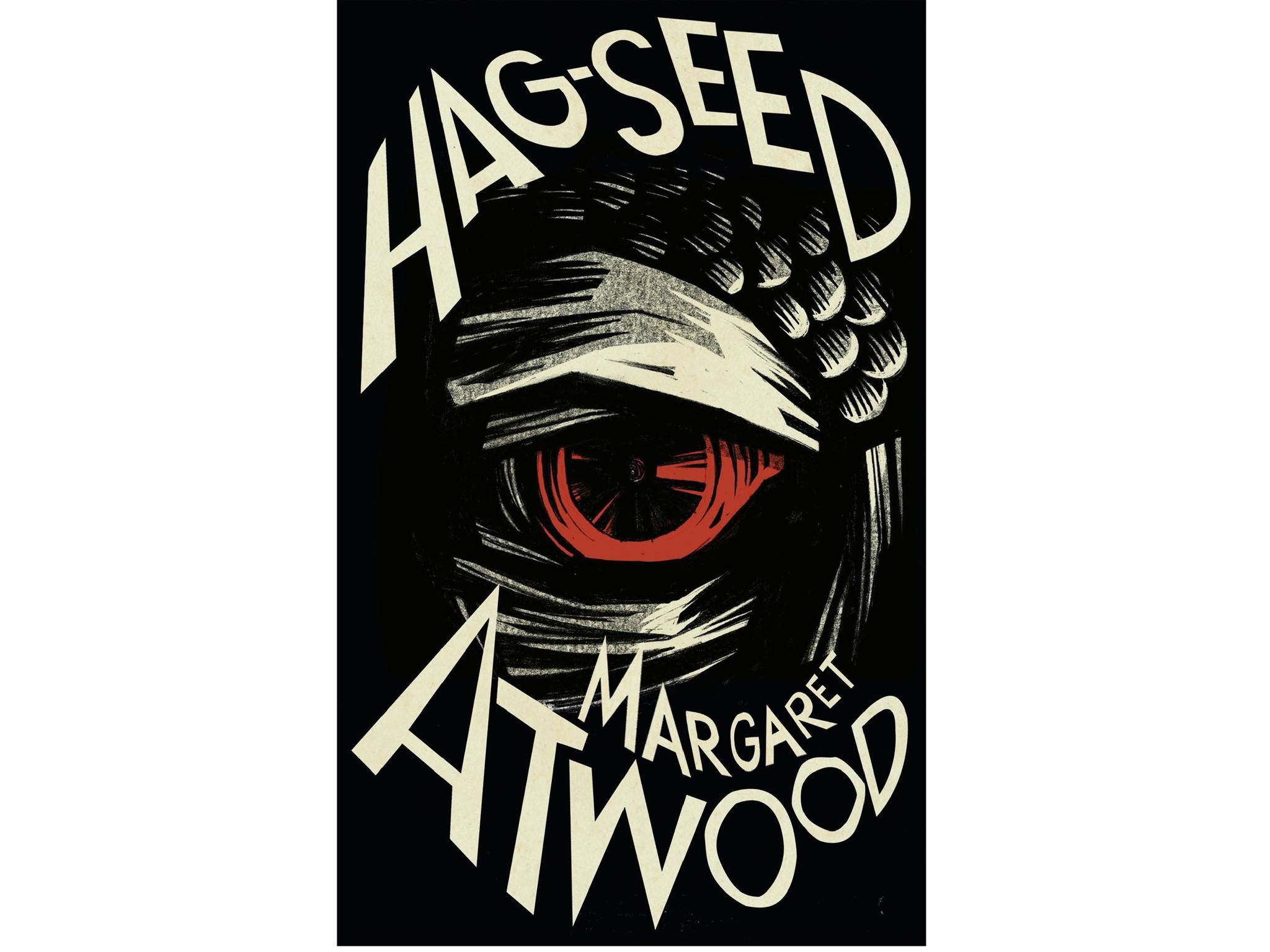
For the latest novel in Hogarth Press’s Shakespeare series, Atwood rewrites Shakespeare’s The Tempest. Shakespeare’s play is vivacious and bold, featuring many of his most memorable characters such as the magician Prospero and the half-man half-beast Caliban. It is also among his most enigmatic plays, with critics interpreting it variously as a commentary on empire, a portrait of contemporary drama, or just Shakespeare’s farewell to theatre – or all three. Atwood’s novel reflects the play’s multifaceted nature: in Hag-Seed, Felix Philips takes Prospero’s place as the duke deposed from his dukedom (for Atwood, a theatre rather than an actual dukedom) and instead of an uncharted island we have modern Canada as the novel’s backdrop. A fun and imaginative novel, Atwood retells The Tempest with all the zest that the play demands.
7. The Noise of Time by Julian Barnes: £14.99, Jonathan Cape

Barnes’ most recent work is a 180-page novel following the Russian composer Dmitri Shostakovich through one of the most perilous career blips a composer can face: denunciation by Stalin. After Pravda publishes an unfavourable review of his 1936 opera Lady Macbeth of the Mtsensk District – a “Muddle Instead of Music” read the headline, with a sinister warning that, if Shostakovich didn’t amend his style soon, “it might end very badly” – the Communist Party routinely attempts to humiliate Dmitri into submission. Based on true events, The Noise of Time is a poignant and thoughtful portrait of the persecuted artist.
8. The Sellout by Paul Beatty: £12.99, Oneworld
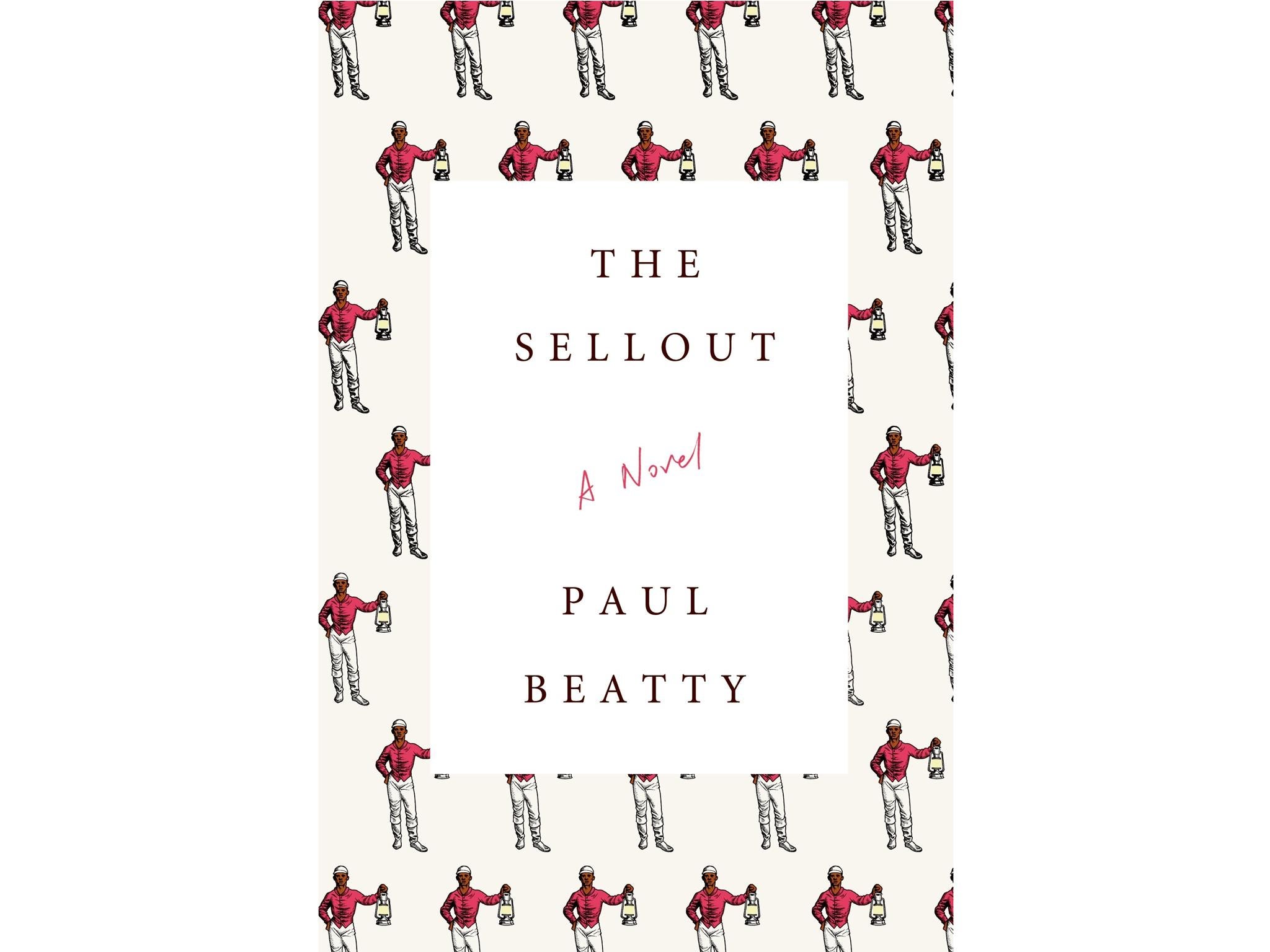
Beatty’s most recent novel won this year's Man Booker Prize, and with good reason. The Sellout tells the story of a nameless African-American narrator who encounters trouble with the law for striving to reinstate slavery and racial segregation in Los Angeles. A satire in the tradition of Catch-22 (which Beatty has cited as one of the few “perennially” funny books), Beatty’s America is self-consciously absurd, profane, violent, cruel – and funny. Like Catch-22, The Sellout has the dual attraction of being both a timely satire as well as a hugely entertaining and memorable novel.
9. Eileen by Ottessa Moshfegh: £8.99, Vintage
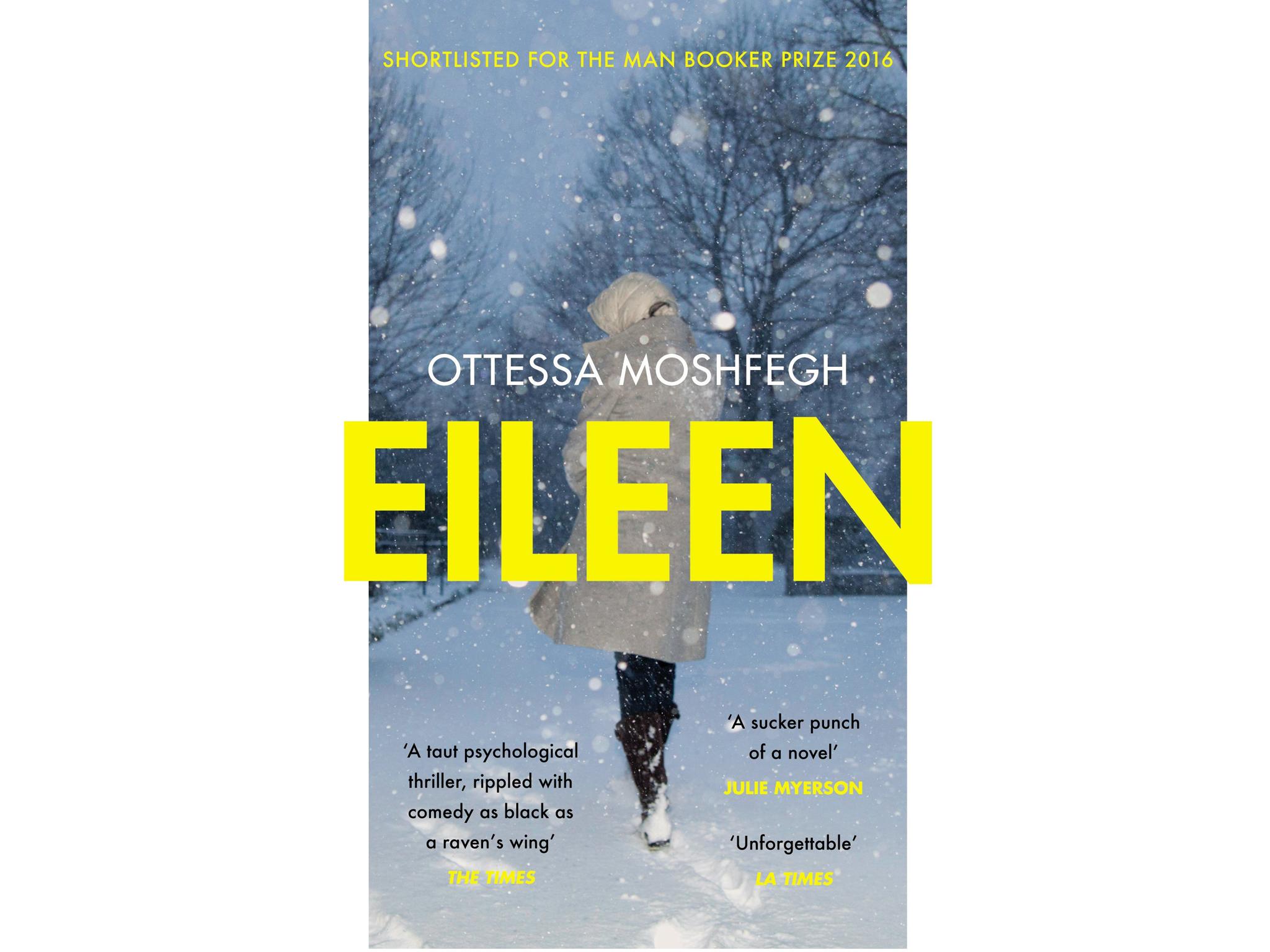
Moshfegh is an American writer who has made a name for herself through her contributions to the literary magazine The Paris Review. With her debut (and Booker Prize-shortlisted) novel Eileen, Moshfegh tells the story of a young and chronically anxious woman trying to get by in the cruel and miserably cold town of “X-ville”, a fictional New England town. Moshfegh’s prose in Eileen is clever but sullen. The novel’s eponymous narrator – a cynic and pessimist to the point of misanthropy – spends a great deal of energy fluently describing her contempt for most of the people around her, especially her father whose cruelty and alcoholism drive her to thoughts of murder. Eileen is a clever, eloquent and captivating debut novel.
10. All That Man Is by David Szalay: £14.99, Jonathan Cape
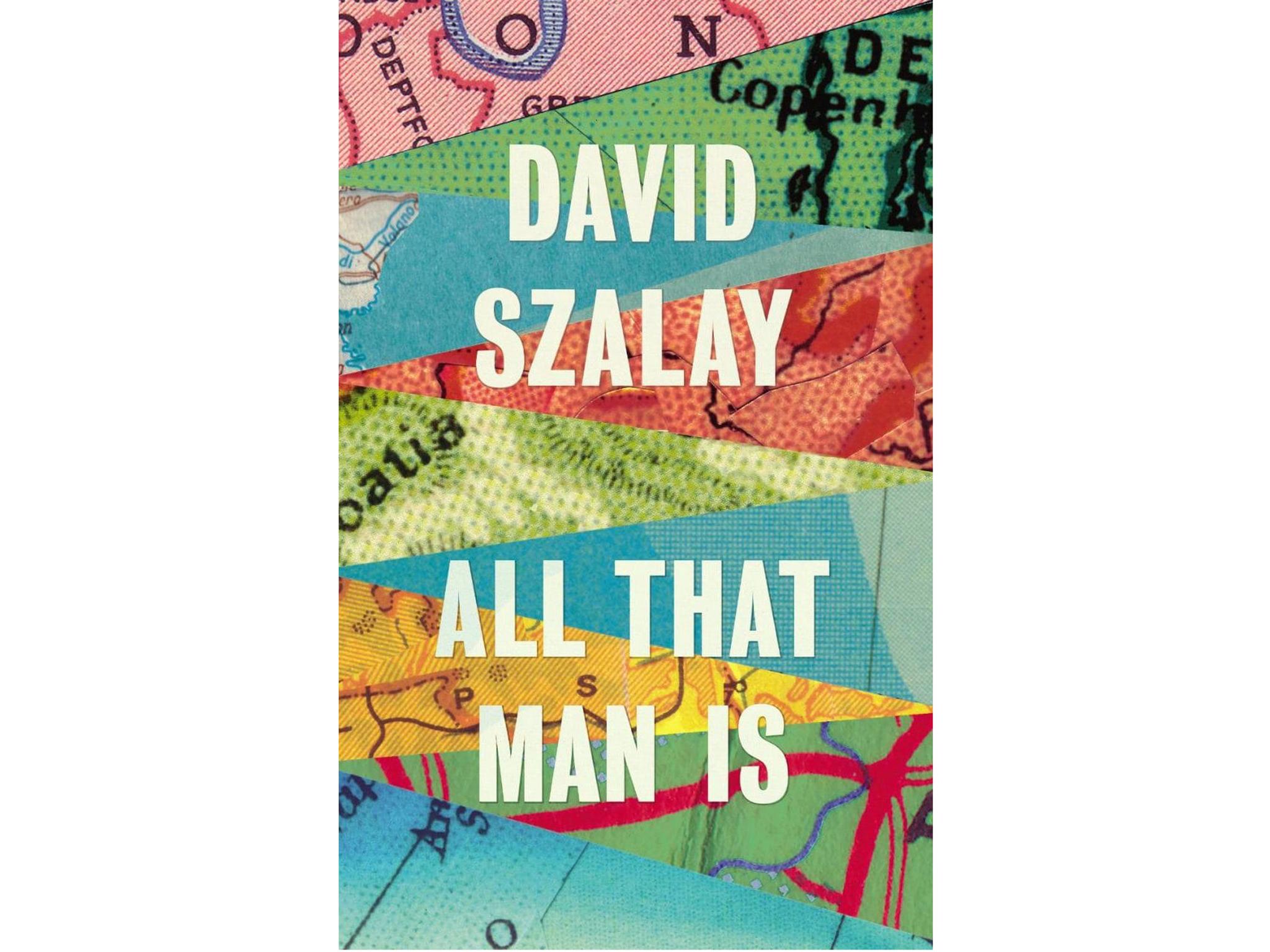
In his Man Booker-shortlisted novel All That Man Is, Szalay ponders the nature of masculinity in all of its guises. Similar to Martel’s The High Mountains of Portugal, Szalay’s novel is a collection of loosely tethered short stories. Instead of one continual narrative, Szalay chooses to depict “man” at all stages of life in separate stories: the novel starts with a couple of young, broke and sexually frustrated interrailers arriving in Berlin, and ends with an elderly man living a lonely life in Italy. Each story is told from a different part of Europe – London, Berlin, Italy, Cyprus – and the surroundings are invariably bleak and lonely. All That Man Is makes for an interesting and solemn study of what manliness can be.
11. Swing Time by Zadie Smith: £18.99, Penguin
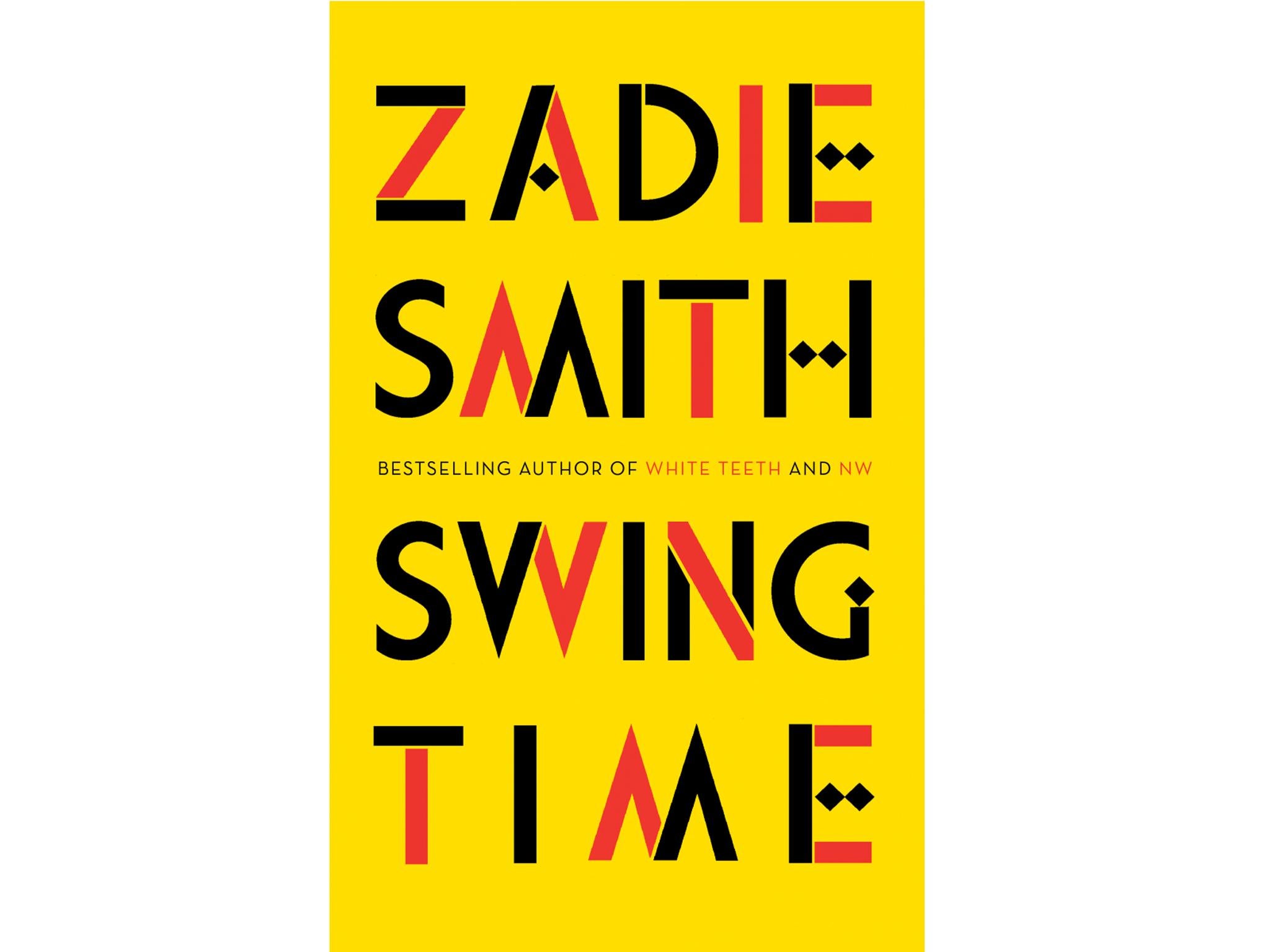
In a talk with Ian McEwan, Smith once cited Martin Amis as one of her principal literary inspirations. (To use her own words: “Meeting Martin Amis for me, at 19, was like meeting God.”) As with Amis, Smith’s talent as a writer lies in her perceptiveness and her ability to tease out the small, almost unnoticeable details in a character or place to ultimately make the whole novel all the more believable. Swing Time begins in 1980s London and follows the narrator as she recounts her relationships with her mother, who spends her time studying revolutionary politics; her boss Aimee, the Australian pop-star who tries to drag the narrator into a life of promiscuous flamboyance; and Tracey, her lifelong friend who happens to share the narrator’s dark skin tone. Like her celebrated debut novel White Teeth, the novel encompasses several divergent themes, from race and ambition to the struggles of girlhood and poverty. Swing Time is an expertly crafted novel exhibiting the thoughtfulness, humour and exquisite prose for which Smith is justly famed.
Verdict: Best new fiction of 2016
All of the novels on this have their own particular attractions. Don DeLillo’s Zero K naturally appeals to readers with a taste for science fiction, whereas slower and more introspective novels like Eileen, All That Man Is and The High Mountains of Portugal resonate with the more meditative among readers. Novels like Paul Beatty’s The Sellout and Ian McEwan’s Nutshell benefit from eccentric narrators. Much of the The Sellout’s verve flows from the narrator’s flippant style of storytelling, taking the reader from topic to topic, from place to place so briskly that we never know where we’re going next. Similarly, in McEwan’s novel it is the foetus-narrator, with his Hamlet-like tendency to drift into philosophical daydreaming, that becomes the novel’s main attraction. The high quality of these novels, by turns innovative, fascinating and terrifying, attests to the good health of literature in 2016.